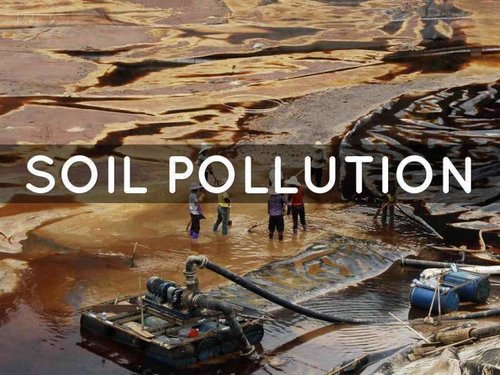The Department of the Interior just said that companies who destroy habitat during development don't need to mitigate their impacts. That means fewer mule deer, elk, pronghorn, sage grouse and the other 350 species of native plants and animals that reside in sagebrush habitats.
So much for being great stewards of the land.
So much for being great stewards of the land.
INTERIOR
BLM ends compensatory mitigation
Michael Doyle, E&E News reporter
Published: Tuesday, July 24, 2018
Oil and gas drilling on public lands in Utah. Ellen M. Gilmer/E&E News
In a sharp departure from current practice, the Bureau of Land Management said today it will no longer seek off-site compensatory mitigation from energy developers and others whose operations damage natural resources on federal land.
The new policy, spelled out in a BLM memo this afternoon, declares that "except where the law specifically requires, the BLM must not require compensatory mitigation from public land users."
"While the BLM, under limited circumstances, will consider voluntary proposals for compensatory mitigation, the BLM will not accept any monetary payment to mitigate the impacts of a proposed action," the memo states.
Compensatory mitigation refers to activities, monetary payments or in-kind contributions to conduct off-site actions that are intended to offset adverse impacts of a proposed action on federal land.
Even with the change, BLM officials retain their obligation to avoid authorizing any activity that causes unnecessary or undue degradation of federal lands.
"Preventing unnecessary or undue degradation does not mean preventing all adverse impacts upon the land," the BLM memo states. "The negative inference of the words 'unnecessary' and 'undue' is that a certain level of impairment may be necessary and due under a multiple use mandate."
The policy shift means BLM won't impose mandatory compensatory mitigation into its "official actions, authorizations to use the public lands, and any associated environmental review documents, including, but not limited to, permits, rights-of-ways, environmental impact statements, environmental assessments, and resource management plans," according to the memo.
"To ensure compensatory mitigation is voluntary," the memo adds, "the BLM must not explicitly or implicitly suggest that project approval is contingent upon proposing a 'voluntary' compensatory mitigation component, or that doing so would reverse or avoid an adverse finding."
Twitter: @MichaelDoyle10 Email: [email protected]





